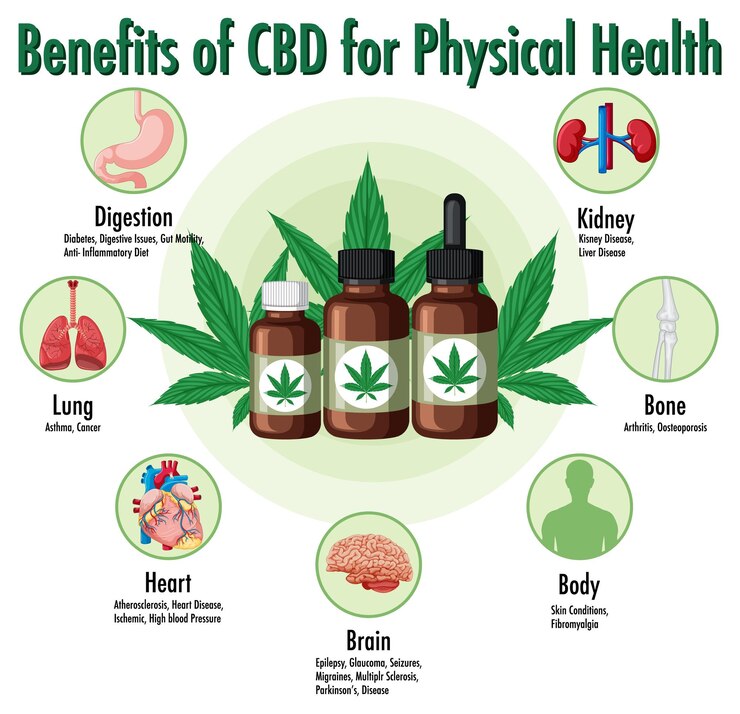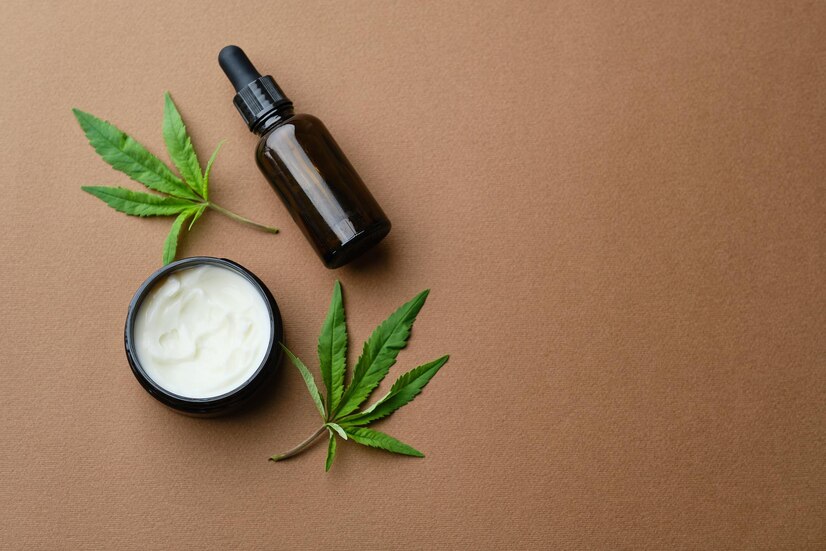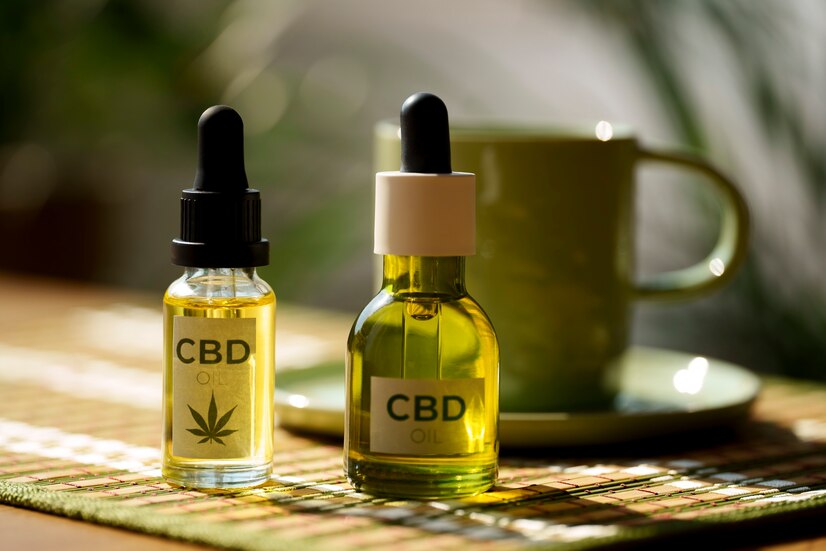Table of contents
The CBD industry is booming, but with rapid growth comes the need for clear understanding of CBD regulations and compliance. Whether you’re a business owner, consumer, or someone interested in launching a CBD product line, navigating the legal framework is essential. From federal oversight to state-specific mandates, regulations can significantly impact how CBD products are manufactured, labeled, marketed, and sold.
What is CBD?
CBD, or cannabidiol, is a compound derived from the cannabis plant. Unlike THC, CBD is non-psychoactive, meaning it doesn’t produce a “high.” It’s found in various products including oils, gummies, skincare, and pet supplements. The surge in popularity is due to CBD’s potential health benefits such as anxiety relief, pain management, and anti-inflammatory properties.
Why CBD Regulations and Compliance Matter

As the industry grows, so does the scrutiny. CBD regulations and compliance are crucial to ensure consumer safety, product quality, and legal integrity. Non-compliance can result in hefty fines, product seizures, or even business closure.
Federal CBD Regulations
In the U.S., the 2018 Farm Bill legalized the production of hemp (defined as cannabis containing less than 0.3% THC). This was a game-changer, but it didn’t make all CBD products automatically legal. The Food and Drug Administration (FDA) still plays a key role in regulating CBD, especially in food, dietary supplements, and cosmetics.
- FDA Oversight: As of now, the FDA has only approved one CBD-based drug—Epidiolex—for seizures. Other CBD products cannot be marketed with health claims unless approved by the FDA.
- Labeling: Mislabeling is a common issue. The FDA monitors labels to ensure companies don’t make false or misleading claims.
- Marketing Restrictions: CBD cannot be marketed as a dietary supplement or be added to food across state lines without FDA approval.
State-Level CBD Compliance

Every U.S. state has its own take on CBD, which adds complexity. Some states align closely with federal law, while others have strict limitations or outright bans on certain types of CBD products.
- California: Allows most CBD products but regulates them under the Department of Public Health.
- Idaho: Requires zero THC in CBD products.
- Texas: Allows hemp-derived CBD but requires specific labeling and lab testing.
Staying compliant requires understanding both federal and state laws where you operate.
International CBD Compliance
If you’re eyeing international markets, the rules get even more complex. The European Union, Canada, Australia, and others each have their own CBD frameworks.
- EU: CBD products are classified as “novel foods” and require pre-market authorization.
- Canada: CBD is regulated under the Cannabis Act and only legal through licensed sellers.
- Australia: Low-dose CBD is available over-the-counter but only after approval by the Therapeutic Goods Administration (TGA).
Compliance Best Practices for CBD Businesses
- Third-Party Testing: Verify product contents and publish lab results (COAs) to prove compliance.
- Transparent Labeling: Include CBD content, source, batch number, and disclaimers.
- Avoid Health Claims: Do not make unverified medical or therapeutic claims.
- Stay Updated: Laws change frequently. Subscribe to legal alerts or work with a compliance expert.
- Proper Licensing: Ensure you have all necessary state and federal licenses to operate legally.
Challenges in CBD Compliance
The main issue businesses face is the lack of uniformity. What’s legal in one state or country may not be legal in another. Additionally, as CBD is still under regulatory scrutiny, laws can change quickly and without much notice. Misinterpreting regulations or failing to comply can put your business at risk.
The Future of CBD Regulations
With increasing demand for CBD products, more structured legislation is expected. The FDA is actively reviewing its policies and could eventually allow broader use of CBD in supplements and foods. Additionally, states may align more closely with federal law, making compliance easier for multi-state operators.
FAQs: CBD Regulations and Compliance
Not entirely. While hemp-derived CBD is federally legal, individual states may restrict or ban its sale depending on THC content or product type.
Yes, but it must comply with both federal laws and the destination state’s CBD regulations and compliance standards.
Labeling should include CBD content, source, THC level, usage instructions, batch number, and disclaimers. Avoid unapproved health claims.
Most states require a license to manufacture, distribute, or sell CBD. Check your local regulations to ensure you’re operating legally.
Subscribe to legal bulletins, join CBD trade associations, and consider hiring a regulatory expert for ongoing compliance.





